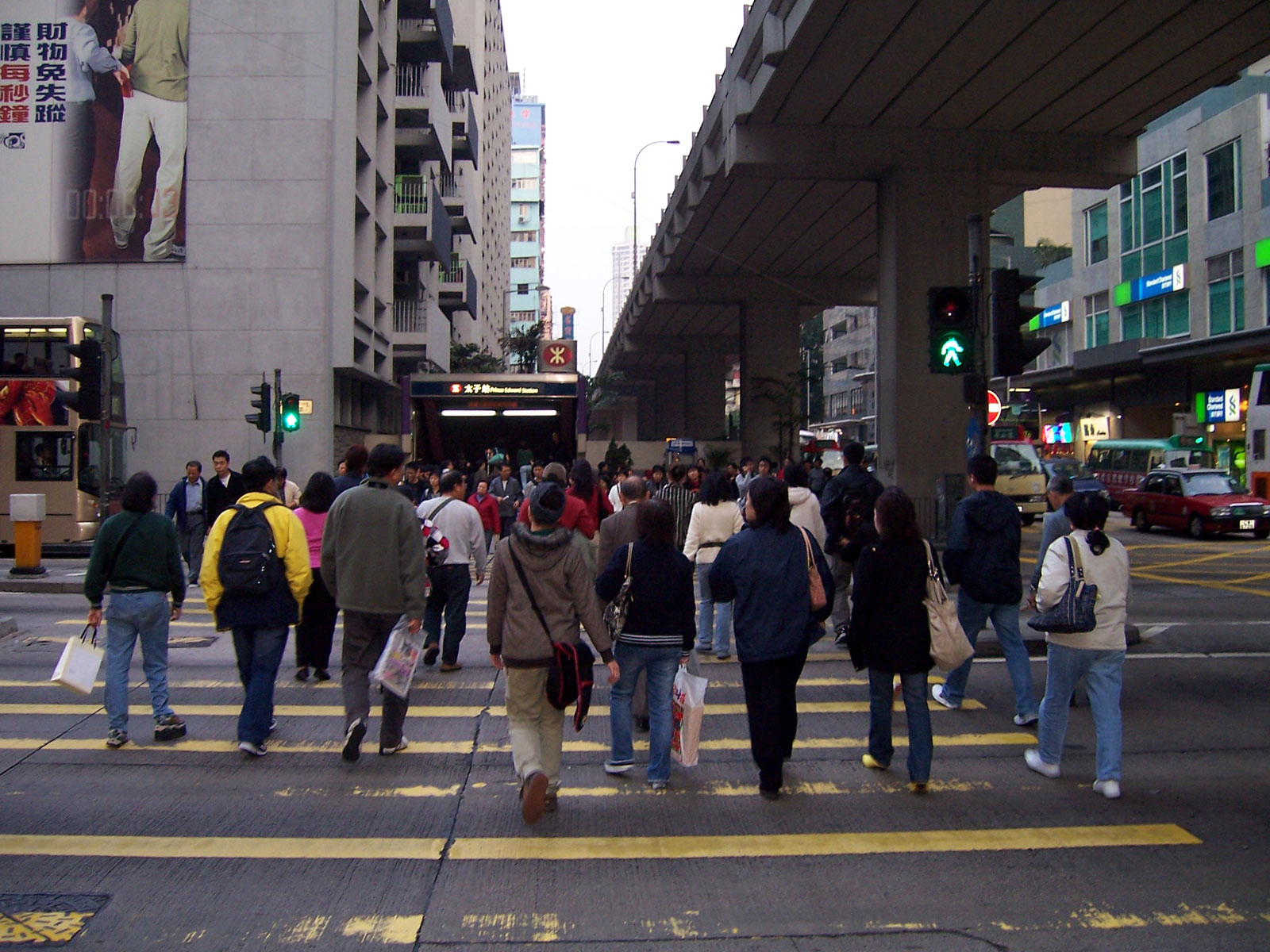By Moana Jagasia and Edwina Shaddick for the Straits Times
 Rounding up the Parliamentary debate on the Budget this year, Deputy Prime Minister Tharman Shanmugaratnam said that government policies will encourage a culture that enhances every Singaporean’s productive capacity, including that of older workers. Significantly, he also acknowledged that the issue was not simply about “business and financial strategies” but also included “changing the way we think about every Singaporean”. He had a point.
Rounding up the Parliamentary debate on the Budget this year, Deputy Prime Minister Tharman Shanmugaratnam said that government policies will encourage a culture that enhances every Singaporean’s productive capacity, including that of older workers. Significantly, he also acknowledged that the issue was not simply about “business and financial strategies” but also included “changing the way we think about every Singaporean”. He had a point.
Since 1964, for example, Singapore has avoided overt racial conflict. But is the absence of such dramatic incidents proof of the presence of racial harmony?
The reality is that any assessment of racial harmony and multiculturalism must also deal with racial discrimination. Last year’s Institute of Policy Studies’ (IPS) study on race relations in Singapore revealed that 67 per cent of Malays and 60 per cent of Indians said that they experienced discrimination during job applications. In contrast, 61 per cent of Chinese said they had never faced racial discrimination in employment.
These findings were recognised in Parliament last month, when MP Hri Kumar proposed the adoption of anti-discrimination legislation to send a strong signal about accountability in employment practices. MP Zaqy Mohamad further cited by Suara Musyawarah, an independent committee that does research on the Malay/Muslim community. The report highlighted discriminatory practices in workplaces where employers prefer non-Malay employees.
The statistics are discomforting. But while discussions about discrimination can be difficult, they are also necessary. And there is no better time for them than now, when the Government is itself focusing on the issue. Research suggests that workforce diversity leads to greater productivity and innovation. A 2011 Forbes Insight study surveyed 321 top executives from several MNCs. Fully 85 per cent believed that greater social diversity helped drive innovation by encouraging different perspectives and ideas. Acting Minister for Manpower Tan Chuan-Jin echoed this in November 2013, saying that “diversity makes good business sense.” The government-linked Tripartite Alliance for Fair Employment Practices (TAFEP) also tries to persuade businesses that diversity is in their best interest.
But are these exhortations being well-received by employers? Of the 22,000 businesses registered in Singapore, only 2,893 have signed TAFEP’s pledge to commit to fair employment practices. In 2013, TAFEP found that of 550 small and medium enterprises surveyed, 64 per cent did not see the importance of implementing inclusive employment practices. This suggests that the elimination of discrimination cannot be an option left to the discretion of employers.
Unlike innovation, which the Government can encourage businesses to adopt voluntarily, it is inappropriate to allow the market to tackle workplace discrimination. In October 2013, AWARE publicly called for the government to pass legislation prohibiting all forms of employment discrimination. Proactive intervention through legislation and administrative monitoring is essential to ensure the universal participation of employers.
Accommodating people with diverse needs requires certain adjustments. Beyond material adjustments, such as wheelchair ramps or halal canteens, there must be a shift in mindset to ensure equal opportunities to everyone, regardless of age, gender, ethnicity, religion, language, ability status or sexual orientation. The Constitution says that all citizens are equal, regardless of race or religion.
Meritocracy, widely believed to be one of Singapore’s dominant values, promises the possibility of social mobility based on merit alone. It should not be up to individual employers to choose whether they wish to adhere to these shared values. This is especially important, given the existence of the psychological bias of homophily, the tendency of humans to associate with those who are similar.
AWARE has been advocating gender equality at the workplace for 28 years. Discrimination against women is compounded when a woman is elderly, when she is disabled, when she is a member of a minority, or when she belongs to other groups that are marginalised.
Although all Singaporeans are equal before the law, every Singaporean is not like every other Singaporean. A workforce where the productive capacity of every Singaporean is maximised has to be inclusive. To ensure this, the state must intervene to ensure equal opportunity for all.
Moana Jagasia is Research and Advocacy Coordinator at the Association of Women for Action and Research (AWARE). Edwina Shaddick is a teacher at a private school and a member of AWARE’s Budget sub-committee.
This article was originally published in the Straits Times on 8 April 2014.





 Faced with women’s under-representation in leadership, many reach for the explanation that women willingly “opt out” or “choose” to “hold themselves back”, ignoring structural barriers to women’s advancement.
Faced with women’s under-representation in leadership, many reach for the explanation that women willingly “opt out” or “choose” to “hold themselves back”, ignoring structural barriers to women’s advancement. In reality, all employees have domestic needs and responsibilities, including housework and caregiving. Everyone has clothes that need washing and floors that need cleaning, and very many have family members who need care.
In reality, all employees have domestic needs and responsibilities, including housework and caregiving. Everyone has clothes that need washing and floors that need cleaning, and very many have family members who need care.

 Dear MP,
Dear MP, AWAREs Annual General Meeting (AGM) is coming up on 26 April, and 2014 is an election year for the AWARE Board.
AWAREs Annual General Meeting (AGM) is coming up on 26 April, and 2014 is an election year for the AWARE Board.